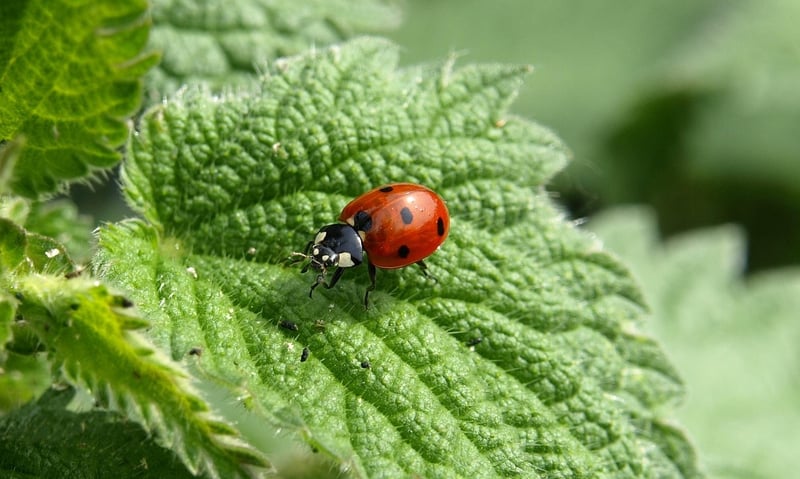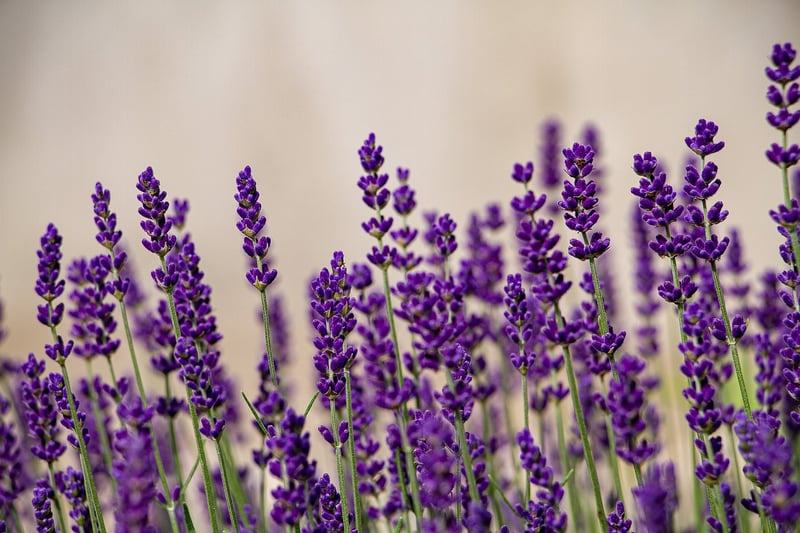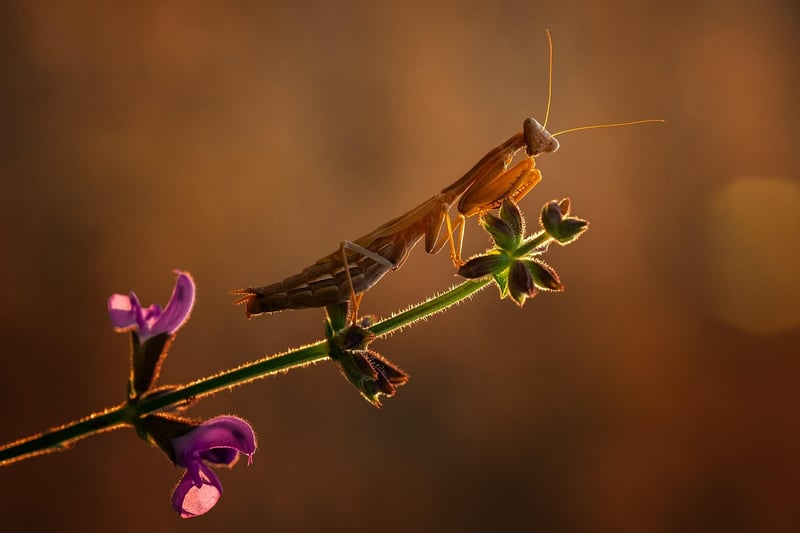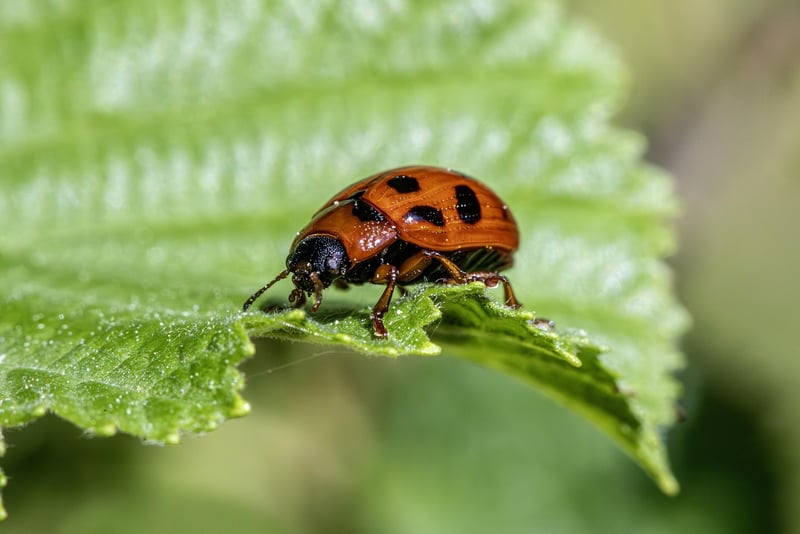Pest Management
Keeping Your Plants Healthy: Pest Management Tips
Having a green thumb is a joy, but dealing with pests can quickly turn your garden into a nightmare. To keep your plants healthy and thriving, it's essential to have a solid pest management plan in place. Here are some tips to help you combat pests and ensure your plants stay happy and disease-free.
1. Identify the Pest
The first step in pest management is to identify the pest causing trouble in your garden. Different pests require different treatment methods, so it's crucial to know exactly what you're dealing with. Keep an eye out for common garden pests like aphids, caterpillars, and spider mites.
2. Use Natural Predators
One effective way to control pests in your garden is by introducing natural predators. Ladybugs, lacewings, and praying mantises are great allies in the fight against common garden pests. Encouraging a diverse ecosystem in your garden can help keep pest populations in check.
3. Neem Oil Spray
Neem oil is a natural insecticide that can help control a wide range of common garden pests. Mix neem oil with water and a small amount of dish soap, then spray it on your plants to deter pests like aphids, mealybugs, and spider mites.
4. Companion Planting
Companion planting involves growing certain plants together to benefit each other in various ways. Some plants, like marigolds, repel pests with their strong scent, while others attract beneficial insects that feed on common garden pests. Research companion planting strategies to create a pest-resistant garden.
5. Regularly Inspect Your Plants
Regularly inspecting your plants is key to catching pest problems early. Look for signs of damage, discoloration, or pest activity on leaves and stems. Early detection can help you address pest issues before they escalate and cause significant damage to your plants.
6. Maintain Good Plant Health
Healthy plants are better equipped to resist pest infestations and diseases. Ensure your plants receive adequate sunlight, water, and nutrients to keep them strong and resilient. Avoid over-fertilizing, as this can attract pests and lead to imbalances in the ecosystem.
Conclusion
By implementing these pest management tips and staying proactive in caring for your plants, you can create a thriving garden that is resistant to pests and diseases. Remember that a healthy garden starts with healthy plants, so prioritize their well-being to enjoy a bountiful harvest and beautiful blooms.



For more information on pest management and plant care, visit Gardening.com.
